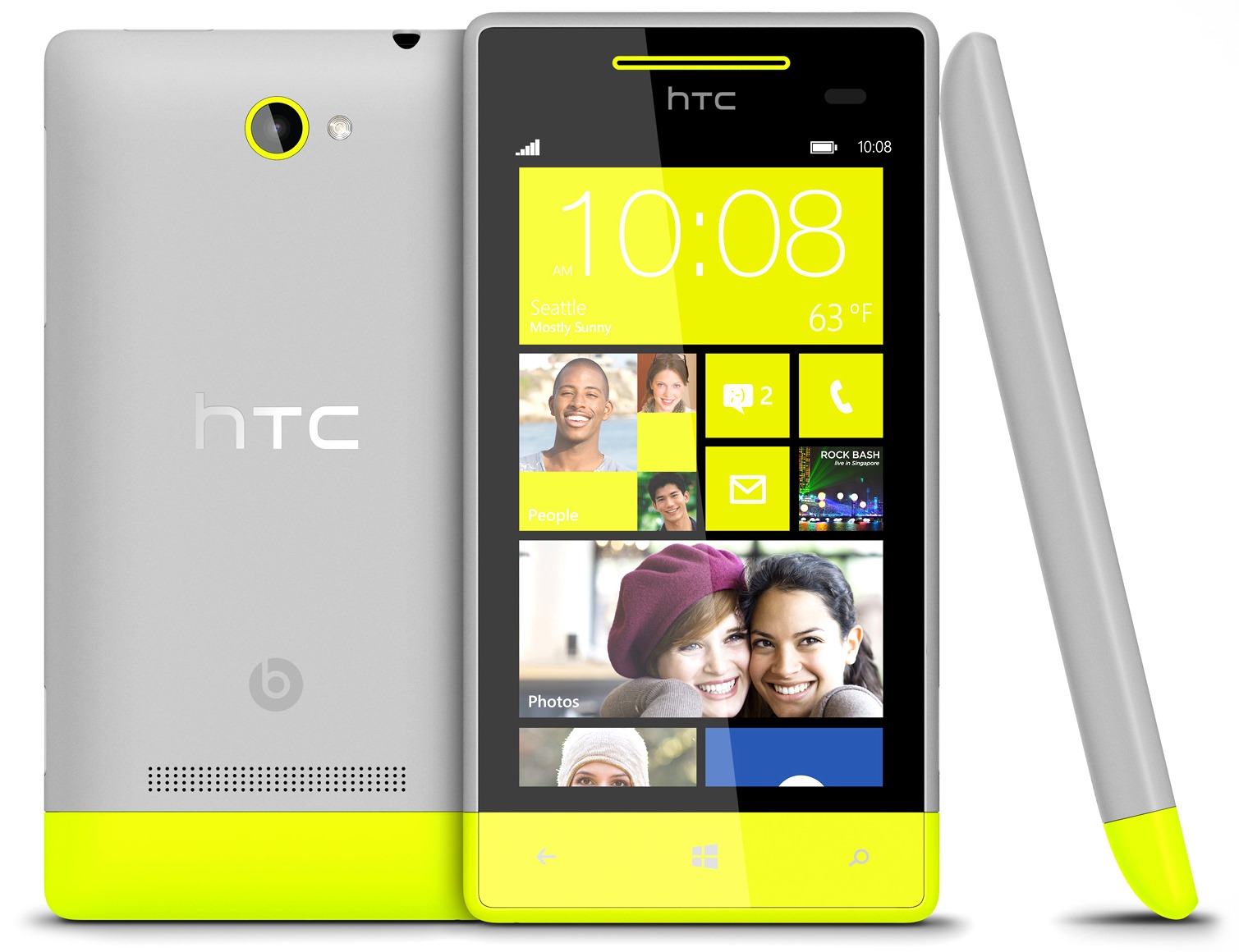 NEWS
NEWS
 NEWS
NEWS
 NEWS
NEWS
![]() With Microsoft snatching up Nokia’s mobile phone business in a stunning $7.17 billion acquisition, it’s a clear sign that the Redmond firm believes it can fight against Android and iOS dominance alone. But even though Microsoft itself has now become the largest single maker of devices running its Windows Phone OS, the company insists that it still wants to license the software to other hardware vendors.
With Microsoft snatching up Nokia’s mobile phone business in a stunning $7.17 billion acquisition, it’s a clear sign that the Redmond firm believes it can fight against Android and iOS dominance alone. But even though Microsoft itself has now become the largest single maker of devices running its Windows Phone OS, the company insists that it still wants to license the software to other hardware vendors.
Nokia’s Lumia phones are by far and away the most familiar devices running Windows Phone, but they aren’t the only ones – HTC has also backed the platform with a number of devices, whilst Samsung and Chinese firm Huawei have also dabbled with the OS. And according to Microsoft’s Executive VP Terry Myerson, the Nokia deal won’t affect these relationships:
“Today’s announcement doesn’t change that — acquiring Nokia’s Devices group will help make the market for all Windows Phones, from Microsoft or our (device maker) partners,” insisted Myerson in a statement.
For sure, Microsoft won’t want to stop others from licensing its mobile OS. After all, they earn good money from licensing the software – unlike Google, which gives its Android platform away for free (albeit with quite a few demands on vendors that use it). But the question is, will phone makers still want to build devices running Windows Phone now that Microsoft has gone and eaten up Nokia?
Perhaps not. The deal could very well put other device makers off from doing business with it, as they will now begin to look at Microsoft as a direct competitor rather than a partner, just like PC makers did after the Redmond firm announced its line of Surface tablets late last year. Windows Phones generally don’t sell that well anyway, and with manufacturers also being asked to stump up a licensing fee as well, it’s hard to see what the appeal will be.
After Microsoft, HTC is now the second-biggest maker of Windows Phones but that company’s troubles have been well documented. The Taiwanese firm has fallen hard and fast in the last couple of years, slipping from being the second biggest smartphone maker in the US to a distant 5th place, while its revenues have also dropped to $2.39 billion – a massive decline from its $4.5 billion revenues during the same quarter in 2011.
HTC is in disarray and desperately looking for a way out with ideas such as its Chinese mobile OS under development, a signal that it doesn’t has much faith in the ability of Windows Phone (or Android) to save it. Samsung also makes a few Windows Phones, but given its success with Android and its own interest in the Tizen operating system, it’s hard to see that company taking Microsoft’s platform seriously.
Despite this, Myerson believes that the company is well capable of both building device and maintaining a relationship with its existing partners:
“This goes to the core of how I think about my new job running the Operating Systems Group here. We have exciting ideas, and so do our OEM partners. Our partners bring innovation, diversity and scale to Windows. I’m always thrilled by the beautiful new device designs our partners are continually bringing to market.”
Whether or not Microsoft can continue to attract others to run Windows Phone may well depend on how successful its own efforts are. Lest we forget, phone makers also have to contend with the competition from Motorola and Google’s Nexus devices, both of which seem to be getting preferential treatment from the Android maker lately. If Microsoft can leverage Nokia’s smartphone making expertise and grab a bigger market share for Windows Phone, the OS will gain a lot more attention from app makers, developers and consumers – and that’ll make the OS much more attractive to other hardware makers.
THANK YOU